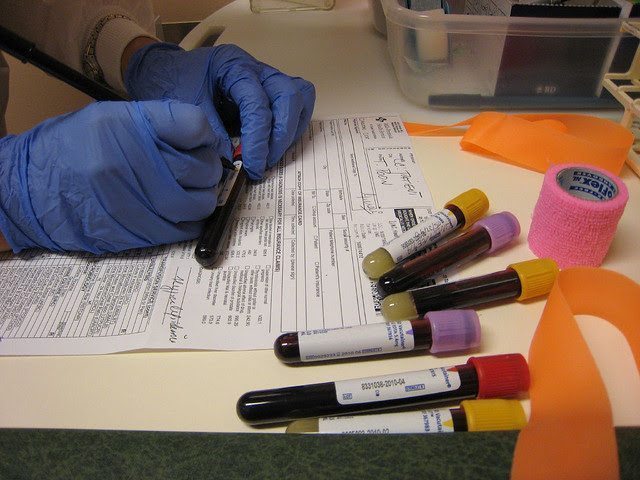Probation is an alternative punishment that keeps you out of jail. As long as you follow all the terms of your probation, including checking in with your probation officer and staying free from other crime, you can stay out of jail. If you fail the terms of your probation, you may be sent to prison with very little chance to defend yourself. One of the terms of probation may be regular or random drug testing.
If you are currently on probation or may be given probation as a punishment for a crime you are accused of committing, talk to an attorney. The Atlantic City criminal defense attorneys at The Law Offices of John J. Zarych can represent you at sentencing hearings and probation violation hearings, as well as on your initial charges. For a free consultation on your case, talk to our attorneys today.
New Jersey Probation Rules
Probation is used to punish defendants in New Jersey when their conduct was not so serious that it required jail or prison time as a punishment. This may be available for many non-violent crimes, especially lower-level crimes. There are various levels of offense in New Jersey, which rank as follows (from most severe to least severe):
- First degree crimes punished by 10-20 years in prison and fines up to $200,000,
- Second degree crimes punished by 5-10 years in prison and fines up to $150,000,
- Third degree crimes punished by 3-5 years in prison and fines up to $15,000,
- Fourth degree crimes punished by up to 18 months in prison and fines up to $10,000, and
- Disorderly persons offenses punished by up to 6 months in jail and fines up to $1,000.

While all of these crimes are serious and carry the potential for jail time and high fines, some have alternative sentencing available. This means that, instead of jail, you might face probation, face other supervision, take classes, go to rehab, or perform community service.
Various conditions are placed on a defendant while they are on probation. If you are already serving conditions of bail or a “conditional release” program, you may already be familiar with the types of rules these systems require. Many forms of counseling and rehabilitation are usually required, including drug and alcohol abuse treatment and mental health evaluations and counseling. They may also require that you maintain employment, stay in school, or perform community service.
Drug Testing During Probation
Especially if the crime you were charged with was a drug-related crime, you will likely face random or scheduled drug tests. Random drug tests are used to try to surprise and “catch” probationers who used drugs. Other times, drug tests will be scheduled so that there are no gaps in the testing, and the probationer must remain clean through the whole process.
Using recreational drugs like marijuana, cocaine, heroin, or many prescription drugs (without a prescription) is illegal in New Jersey. That means that any time you fail a drug test, it shows the government you broke the law by getting high. Since probation will always require you to avoid further crime, a failed drug test can count as a violation of probation (VOP).
In any case, do not lie to the court. A single slip-up on a drug test may not be enough to trigger a VOP, but lying to the judge will certainly hurt your chances of avoiding a VOP. If you claim you were clean when the drug test says the opposite, you might lose credibility and face further punishment for lying. It is often better to say nothing. If you have violated the terms of your probation, talk to an attorney. You may have options to delay drug testing or otherwise avoid jail by forming agreements with the prosecution and judge regarding violations.

Drug testing is often supervised or performed by your probation officer or a drug testing company hired by the government. These tests are not held to the same standards of “beyond a reasonable doubt” that a criminal trials are held to. Instead, the court will consider a positive drug test as a positive drug test unless there is a serious flaw. Hiring an attorney to manage your case can help catch false-positives or flawed testing.
Because your probation officer supervises these tests, they are usually done at court or at the probation office. It is rare that you can get to take a drug test at home, but arrangements may be made for probationers who cannot drive or otherwise make the trip to the probation office. Talk to your attorney and probation officer to make appropriate arrangements for your testing.
Atlantic City Criminal Defense Attorneys
The South Jersey criminal defense lawyers at The Law Offices of John J. Zarych fight to keep probationers on the track toward completing their probation. If you or a loved one is facing probation or you need an attorney for your violation of probation hearings, call us right away. For a free, confidential consultation on your case, call (609) 616-4956 today.







